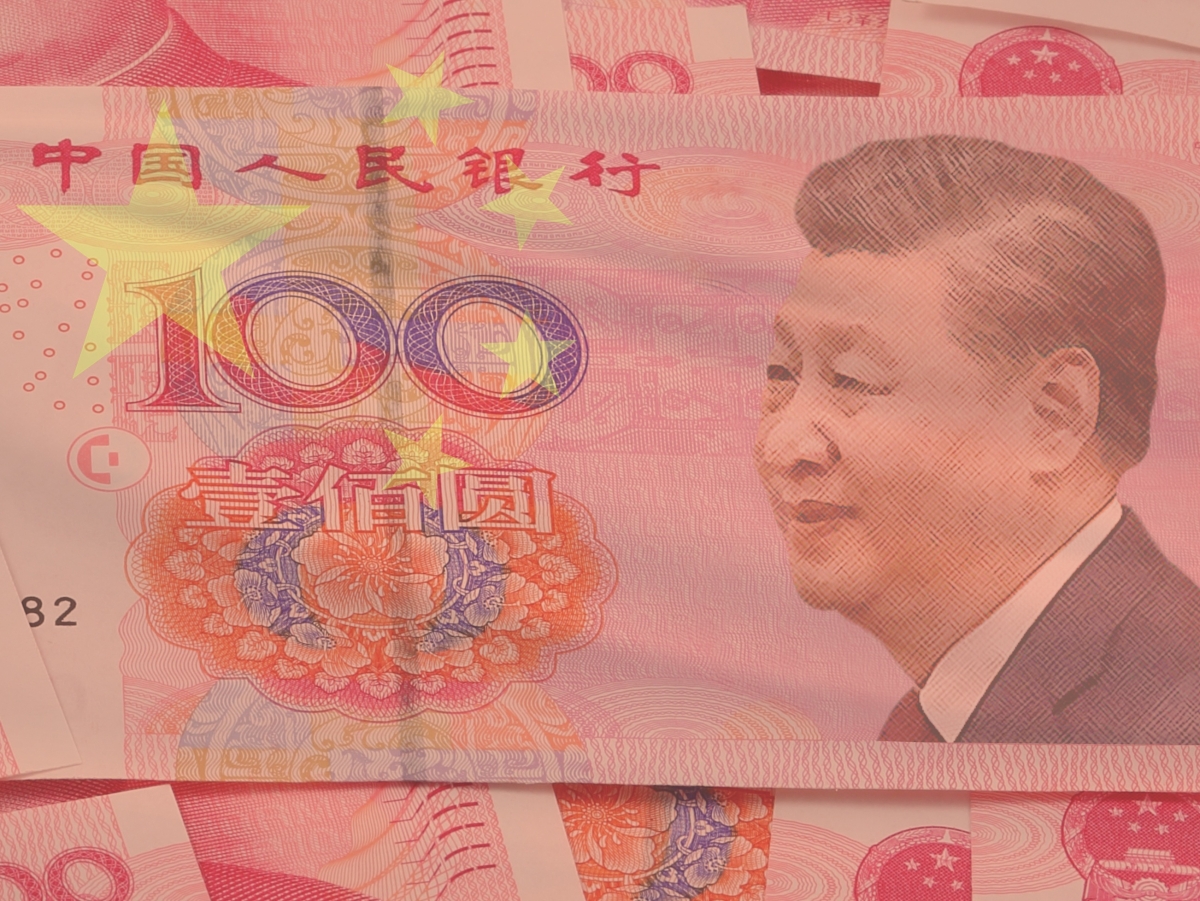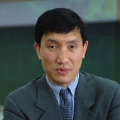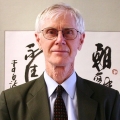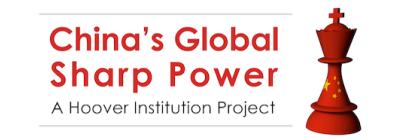The CCP Absorbs China’s Private Sector
VIEW EVENT DETAILSReport Launch

The Asia Society’s Center on U.S.-China Relations and the Hoover Institution’s project on China’s Global Sharp Power invite you to the launch of their new joint report, The CCP Absorbs China’s Private Sector: Capitalism with Party Characteristics, on Thursday, September 7th, at Asia Society New York, from 8:30am to 10am ET.
Report author and Hoover visiting fellow Matthew Johnson argues that recent regulatory crackdowns on some of the best-known firms in China, including Alibaba, Ant, Meituan, and Didi Chuxing, are not isolated phenomena. Rather, the CCP has launched a massive structural undertaking to harness private capital to restore the Party’s political authority across China’s economic landscape, while preserving the technology and capital flows necessary for Xi Jinping’s ambition of making the PRC the world’s dominant superpower.
Following Johnson’s introduction of the report, a panel discussion featuring Yasheng Huang, Orville Schell, Anne Stevenson-Yang, and Glenn Tiffert will unpack how foreign investors, businesses, and governments can “de-risk” in an economic environment where state objectives come first and national security underpins everything.
Prior to the panel discussion, we will have breakfast for attendees starting at 8:00 a.m.
Speakers

Yasheng Huang is the Epoch Foundation Professor of International Management and Faculty Director of Action Learning at the MIT Sloan School of Management. Between 2013 and 2017, he served as an Associate Dean in charge of MIT Sloan’s global partnership programs and its action learning initiatives. His previous appointments include faculty positions at the University of Michigan and at Harvard Business School. At MIT Sloan, Huang founded and directs China Lab and India Lab, which have provided low-cost consulting services to more than 360 small and medium enterprises in China and India. Between 2015 and 2018, he ran a program in Yunnan province to train women entrepreneurs (funded by Goldman Sachs Foundation). He has held or received prestigious fellowships, such as the National Fellowship at Stanford University and the Social Science Research Council-MacArthur Fellowship.

Matthew D. Johnson is a visiting fellow at the Hoover Institution and research director at Garnaut Global. His expertise covers China’s contemporary elite politics, strategic thinking, and political control over the financial sector and private economy. Johnson was previously a lecturer in the history and politics of modern China at the University of Oxford, and researcher with the China’s War with Japan program. His academic publications have focused on propaganda, Chinese Communist Party ideology, cultural security, state-society relations, and the Cold War. He has recently coauthored a report on China’s digital renminbi (RMB), The Flipside of China’s Central Bank Digital Currency, with the Australian Strategic Policy Institute's International Cyber Policy Centre. Johnson has been a US Fulbright fellow, a member of the National Committee on United States–China Relations, and a board member of the Malaysian-American Commission on Educational Exchange.

Anne Stevenson-Yang is the founder and research director at J Capital Research. Her coverage areas include solar, internet, medical devices, property, some consumer and direct-sales names, and China's macro-economy. Anne was formerly co-founder of a group of Online Media Businesses called Blue Bamboo Ventures and also founded and operated a CRM software company, Clarity Data Systems, and a publishing company whose flagship magazine is City Weekend. Over 25 years in China, Anne has also worked as an industry analyst and trade advocate, heading the US Information Technology Office and, 1993 through 1997, the China operations of the US-China Business Council. Anne authored the 2013 monograph China Alone: China's Emergence and Potential Return to Isolation for the National Autonomous University of Mexico.

Orville Schell is Vice President and Arthur Ross Director of the Center on U.S.-China Relations at the Asia Society, and a former dean of the University of California, Berkeley, Graduate School of Journalism. Schell is the author of fifteen books, ten of them about China, and a contributor to numerous edited volumes, including The New Yorker, the Atlantic, The New York Times, The Nation, and The New York Review of Books. His most recent book My Old Home: A Novel of Exile, was published in 2021. Schell worked for the Ford Foundation in Indonesia, covered the war in Indochina as a journalist, and has traveled widely in China since the mid-‘70s.

Glenn Tiffert (moderator) is a distinguished research fellow at the Hoover Institution and a historian of modern China. He co-chairs Hoover’s project on China’s Global Sharp Power and directs its research portfolio. He also works closely with government and civil society partners around the world to document and build resilience against authoritarian interference with democratic institutions. He currently serves on the executive committee of the University Research Security Professionals Association, an organization established to help heighten security awareness in academia. A specialist on the political and legal history of the People’s Republic of China (PRC), Tiffert's academic scholarship includes publications in English and Chinese on the origins of the modern Chinese court system and judiciary, the drafting of the PRC Constitution, and the Chinese Communist Party’s efforts to globalize its censorship regime and rewrite its turbulent past. He is pioneering the integration of computational methods drawn from data science into the study of Chinese history. He earned his PhD from the University of California-Berkeley.
Presented in collaboration with:

Event Details
725 Park Avenue
New York, NY 10021